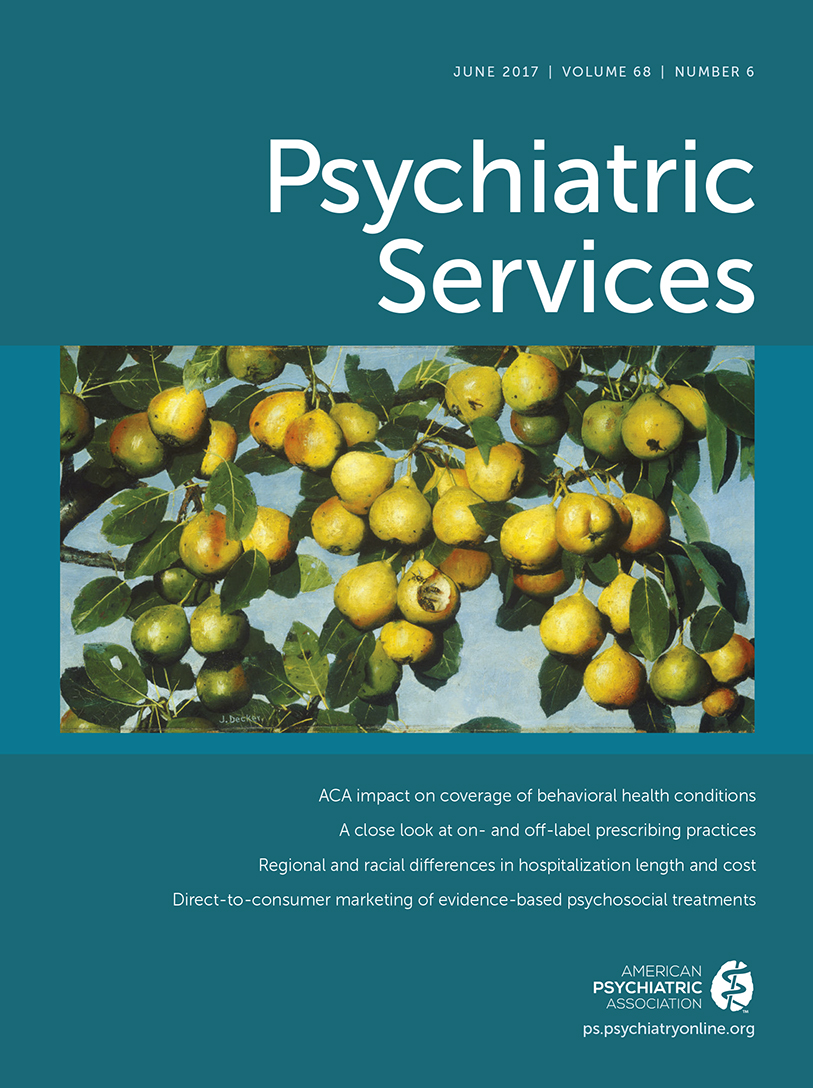Veterans’ Mental Health in Higher Education Settings: Services and Clinician Education Needs
Abstract
Objective:
Utilization of the GI Bill and attendance at higher education institutions among student veterans have significantly increased since passage of the Post-9/11 GI Bill. Campus counseling centers should be prepared to meet the mental health needs of student veterans. This study identified the mental health resources and services that colleges provide student veterans and the education needs of clinical staff on how to serve student veterans.
Methods:
Directors of mental health services from 80 California colleges completed a semistructured phone interview.
Results:
Few schools track the number, demographic characteristics, or presenting needs of student veterans who utilize campus mental health services or offer priority access or special mental health services for veterans. Directors wanted centers to receive education for an average of 5.8 veteran-related mental health topics and preferred workshops and lectures to handouts and online training.
Conclusions:
Significant training needs exist among clinical staff of campus mental health services to meet the needs of student veterans.



